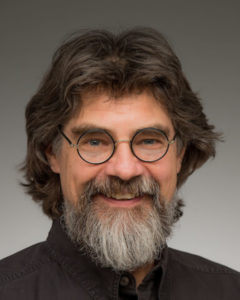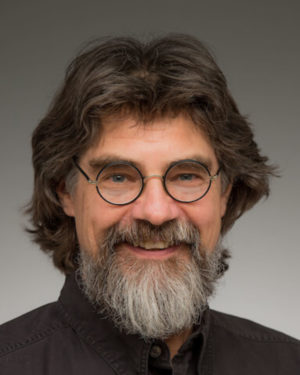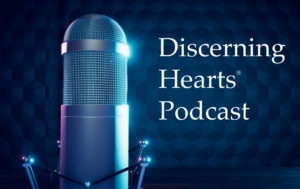Podcast: Play in new window | Download (Duration: 34:55 — 24.1MB) | Embed
Subscribe: Apple Podcasts | Spotify | Amazon Music | Android | Pandora | iHeartRadio | JioSaavn | Podchaser | Gaana | Podcast Index | Email | TuneIn | Deezer | Anghami | RSS | More

Episode 5 – The Marian Mystery and the Liturgy – Pathway to Sacred Mysteries with Dr. David Fagerberg Ph.D.
Dr. David Fagerberg and Kris McGregor discuss the mystical participation of the Blessed Virgin Mary in the liturgy.
Here are some of the topics explored in this episode:
What is the relationship between Mary and the liturgy of the Church?
What is Liturgical Dogma?
Why is dogma important?
What is the authentic nature of “full and active participation”?
From the discussion with Dr. Fagerberg:
There’s a relationship between Mary and the liturgy. She’s the model of the spiritual attitude with which the church celebrates and lives. The divine mysteries, any names for Mary is the attentive Virgin. She’s the Virgin in prayer. She’s the Virgin Mother and the Virgin presenting offerings. What do we do in liturgy? This is what Paul VI goes through. In this document, we seek to be attentive, to offer a prayer, to be the maternal church that gathers the world under the wings and heals its sufferings and presents offerings. Mary is a model of a spiritual attitude, which every Christian should have when he or she celebrates and lives the divine mysteries. So she’s not a replacement of the mystery. She’s the model for how we live and express those mysteries.
More taken from the discussion:
The words which are vehicles for Spirit are revelatory in Scripture, but they’re dogmatic in other forms. And dogmas are words, and you have to use the right words. The doctor is writing the prescription for you. He can’t prescribe arsenic instead of aspirin, it matters which words he writes down on the pad. It matters what terms we use in our dogma. And that’s why the Church argues over these things. You have to have the wording just right. As Chesterton has said, the Church is a lion tamer, and she’s running with tigers and lions and dragons. And everything has to be just right in order to keep the balance. One wrong slip of words, Chesterton finishes, and all the stained glass would be broken and all the Christmas trees destroyed. Yeah. As it happened, when we goofed up our understanding of the sacramentality of the church, broke windows, and whitewashed the art, you have to be very careful in how you prescribe it.
We prefer to have a kind of loosey-goosey why can’t we just say, be healthy? Why do we have to have doctors and med school and big medical manuals? Well, because it matters how strong a dose you prescribe. You have to argue about this. And sometimes the arguments have to go on for 300 years before we pinned down our correct definition of transubstantiation in order to make sense out of reality and symbol…John Carbone, again in his book, Wellspring of Worship writes The Virgin Mary is the Church as it dawns in a single person. Let’s see who knew that? Oh yeah. Second Vatican Council Lumen Gentium, the document on the Church. How should we end this with a chapter on Mary? Mary is the Church as it dawns in a single person.
For more podcast episodes of this series, visit the
Pathways to Sacred Mysteries w/Dr. David Fagerberg page
David W. Fagerberg is a Professor in the Department of Theology at the University of Notre Dame. He holds master’s degrees from Luther Northwestern Seminary, St. John’s University (Collegeville), Yale Divinity School, and Yale University. His Ph.D. is from Yale University in liturgical theology.
Fagerberg’s work has explored how the Church’s lex credendi (law of belief) is founded upon the Church’s lex orandi (law of prayer). This was expressed in Theologia Prima (Hillenbrand Books, 2003). He has integrated into this the Eastern Orthodox understanding of asceticism by considering its role in preparing the liturgical person. This was treated in On Liturgical Asceticism (Catholic University Press, 2013). And these two themes come together in Consecrating the World: On Mundane Liturgical Theology (Angelico Press, 2016).
He also has an avocation in G. K. Chesterton, having published Chesterton is Everywhere (Emmaus Press, 2013) and The Size of Chesterton’s Catholicism (University of Notre Dame, 1998).







